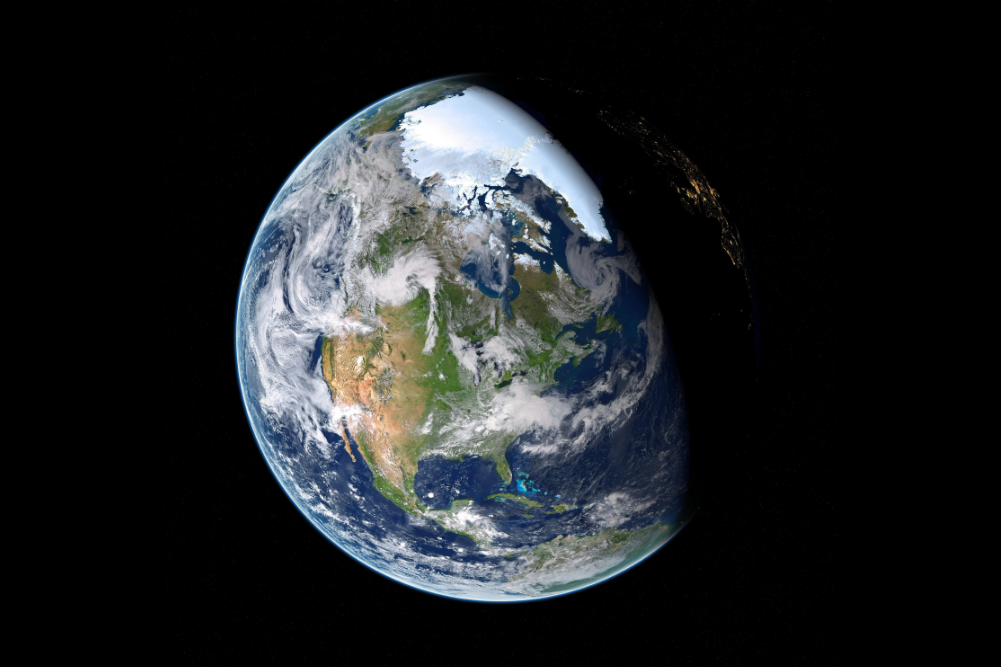Oil spill cleaning
Oil spills remind us how delicately the ecology of the planet is balanced. They also make it clear how many human activities place that balance at peril and how near we continually are to irrevocably damaging the planet that we call home. The environmental devastation of oil spills is immense and while prevention of spills is the only sustainable approach a new compound has been developed that might make an improvement how we deal with oil spills that do occur in the future.
In 2010 the Deepwater Horizon oil rig leaked hundreds of millions of litres of oil into the waters of the Gulf of Mexico. As attempts failed to cap the leaking rig the main method of dealing with the disaster was the use of dispersants. Essentially these dispersants do just what their name says which is to break the oil up into smaller droplets. These droplets can then be consumed by microbes which could not deal with the larger volumes of oil. Yet this approach is really just shifting the problem.
By breaking the oil down with dispersants we do not see as much horrific vision of oil smeared birds and sealife. However, most experts agree that the problem is just shifted to other parts of the ocean. Presumably the oil that has been consumed by microbes enters the food chain and impacts creatures and ecosystems less obviously in view.
That is why a new solution is a step forward.
Researchers have developed a polymer that absorbs up to 40 times its own weight in oil. It will only absorb oil, not water, and will transform an oil spill into an oily gel that is strong enough and stable enough to be collected and transported. Around 450 grams of the polymer (polyolefin oil-SAP) will absorb approximately 19 litres of oil. The gel could then be shipped to an oil refinery to recovery the oil.
This is not an ideal scenario. Moving beyond oil to a more sustainable way of deriving power is ideal. In the short term though, this at least is a better environmental option than strategies that exist at present.







